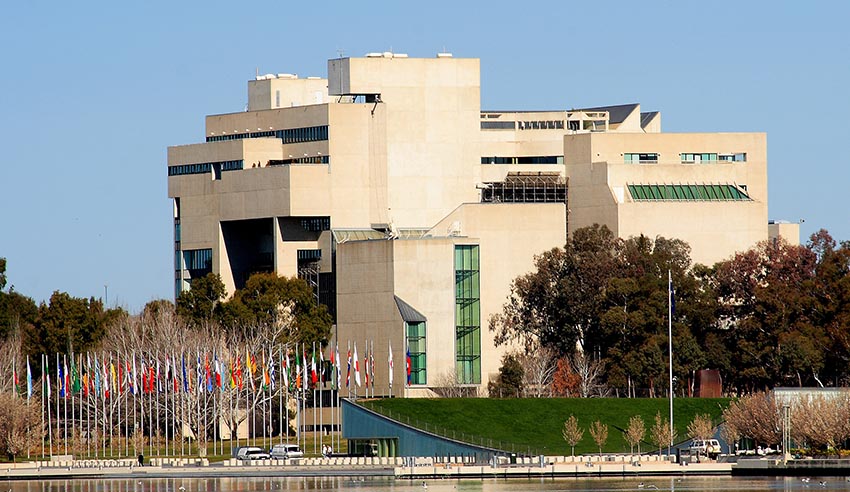The High Court is considering whether to allow an appeal to a Family Court decision after it was disclosed that the judge and a barrister in the matter had a relationship that included “numerous” text messages and meetings over coffee or drinks.

A Perth real estate agent has brought an appeal to the High Court on the grounds of apprehended bias after his lawyers discovered that the opposing side’s barrister Gillian Anderson had been engaging in a “personal relationship” with the now-retired judge, the Honourable John Walters QC, throughout the course of the proceedings.
In submissions to the court, the applicant – known only as Mr Charisteas – said that the failure of Justice Walters and Ms Anderson to disclose their relationship and their “private communications” during the proceedings was “inexcusable”. He has brought the appeal to the High Court after the Family Court refused to grant a retrial.
In dismissing the retrial mid-last year, Justices Steven Strickland and Judy Ryan, who formed the majority, found that the extensive contact between the two parties would not cause a reasonable person to fear that the judge might have been biased.
However, in a dissenting judgement, the Honourable Chief Justice Will Alstergren said it was incumbent on judges and barristers to disclose any contact that could raise a reasonable concern of apprehended bias. He added that even when the private meetings and exchanges came to life, Ms Gillian was “hardly candid”.
The Family Court heard that Ms Anderson disclosed the relationship in a letter to the applicant’s lawyers only after they questioned her about gossip in Perth legal circles. She insisted the relationship was not intimate and that they did not discuss the matter and its potential outcome with any “substance” during the proceedings.
“One obvious question left unanswered is: if not the ‘substance’ of the case, what precisely was said about it?” Chief Justice Alstergren questioned.
“At the very least, during the trial and whilst judgement is reserved, judges are required to remain isolated from friends and colleagues with whom they have had a close personal relationship and/or personal association.
“Such ‘inconveniences’ pales into insignificance when the cost of the alternative is the prospect of diminished public confidence in the administration of justice.”
Mr Charisteas was blocked from appealing on the ground that Justice Walters, who retired three days after delivering his decision, was unfit to preside over the case. Justice Walters applied for early access to a judicial pension while the case was still ongoing because he said he was incapable of continuing due to permanent disability.
The respondent’s submissions are due next month, and the case is set to return before the High Court later in the year.
As a result of the case, the Australian Law Reform Commission is reviewing laws in relation to judicial impartiality with an inquiry set to examine whether the law about actual or apprehended bias relating to judicial decision-making is appropriate and sufficient to maintain public confidence in the administration of justice. They are expected to release a consultation paper later this month.
This story is continuing – more to come.
